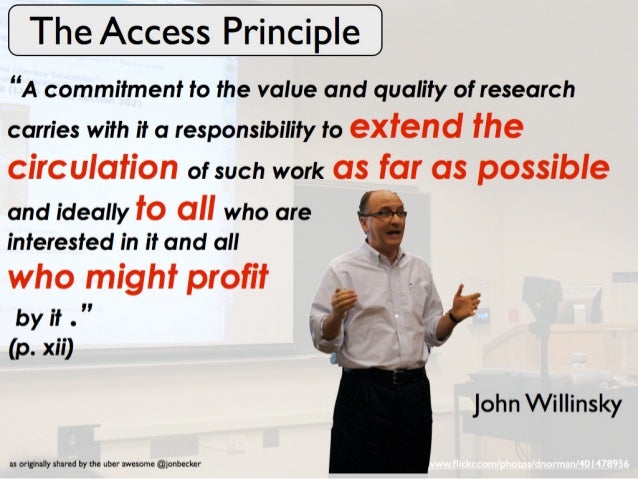Being regular is good. In many ways. 😉
But in this case being regular is about trying to be consistent and persistent in sharing ideas and content. I realize one of the beautiful things about a blog or any online space is the freedom to publish whenever. Even though most of us don't publish as our primary jobs, we all understand the power and value of sharing. I've talked about that once or twice myself.
Like spending enough time with good friends, I have this need to read and listen to my favorite people who happen to also be great thinkers and sharers. These people who have taken the time to set up shop and blog provide me with wonderful insights and ideas to mull over and pass along to others. I depend on their desire to share. And when they don't, I miss it.
Being someone who is 7+ years into blogging and and even longer reader, I began to think of many of the early bloggers and podcasters who have either slowed down dramatically or quit altogether. For the majority I have no idea why but presume life got in the way and that's understandable. For others I fear twitter got in the way and now instead of meal sized portions of learning, all we're getting is table scraps and candy. Whatever the reason, I've made it a point to post here regularly if only to force myself to be reflective and reinforce the habit of sharing. Bud Hunt has reminded me often about the importance of writing as has this great post by Seth Godin that I share often with my students. If you've not read it, do so now and then feel a little guilty. Here's the gist:
I believe that everyone should write in public. Get a blog. Or use Squidoo or Tumblr or a microblogging site. Use an alias if you like. Turn off comments, certainly–you don't need more criticism, you need more writing.
Do it every day. Every single day. Not a diary, not fiction, but analysis. Clear, crisp, honest writing about what you see in the world. Or want to see. Or teach (in writing). Tell us how to do something.
Although I ask you to please leave the comments turned on, I think we're all friends here and can help each other.
So this is totally selfish on my part but as I continue advocate folks to share, I'd love for you to do it more. You know who you are, that's all of you by the way. And also why not try something besides writing, I'd love to hear your voice.
While I've been trying to write regularly, I think I need to podcast more often. Remind me to do that. Someone who's been doing a great job lately is my buddy Darren. Check out some of his short, but awesome video blogs.
How easy is this? Record yourself thinking. Press about 3 buttons. It's something Darren has been playing with lately and I think it's awesome. These tools make this ridiculously easy. If even a few people find it valuable it's worth it. More importantly it's good for Darren. But even more important, it's good for me. Because I'm selfish.
So if I made you feel a bit guilty I'm a little bit sorry but seriously write something, anything. Even better, let us hear your voice and maybe see your face once in a while.










